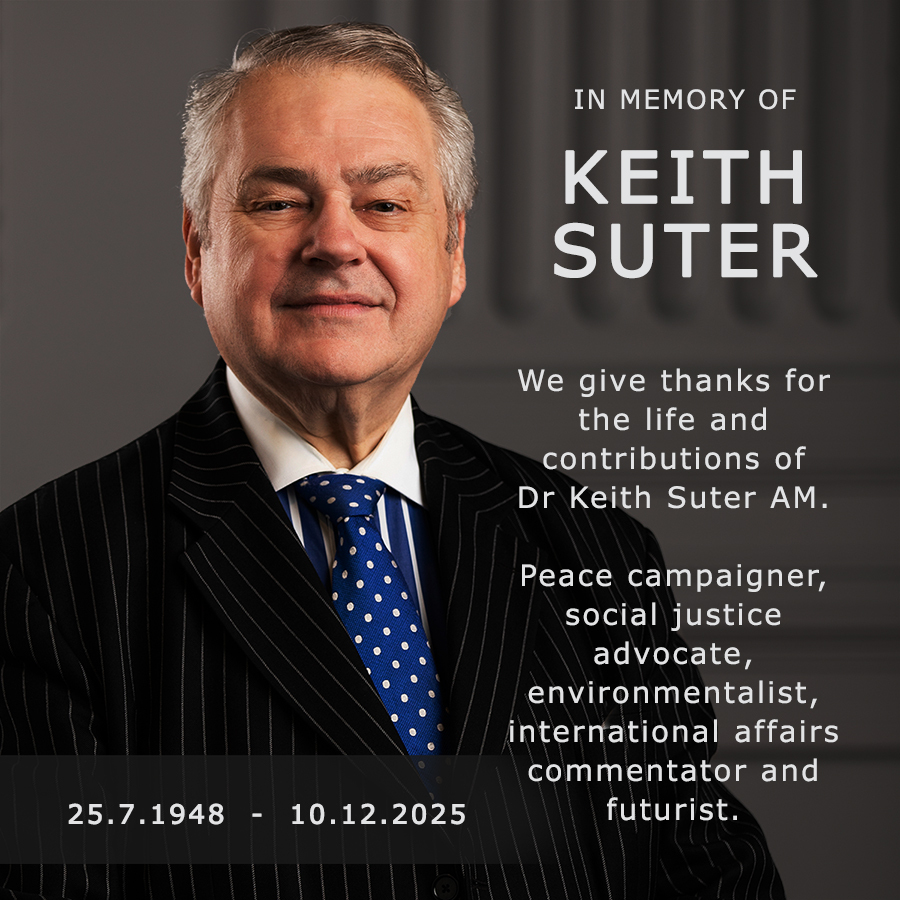
Dignity and Justice for all.
November 4, 2008
A historic debate took place at the United Nations General Assembly in New York last week – the first major debate on the emerging issue of “human security”. The keynote speaker was His Royal Highness Prince El Hassan bin Talal of Jordan, who is well known internationally for his public spiritedness, vision and innovative thinking.
The Prince’s speech reads very well. It is a good introduction to this emerging issue of “human security”.
The Prince pointed out that human security was coined to shift the focus of security from the nation-state to the individual, to emphasize freedom from fear and want. Commenting on the new concept in the context of the disasters in Burma and China, he suggested that consideration needed to be given to human survivability and resilience.
There are different sub-headings to the broader idea of “security”. There is, first, Population Security – with 220,000 babies born each day and the possibility of a total world population of 9 billion by the year 2050.
Food Security relates to the increasing costs of food, poor harvests, lack of fresh water and fertile soil, trade-distorting subsidies on agriculture and food export restrictions.
Resource Security refers to the growing consumption of the planet’s non-renewable resources. An Australian example of this currently in the news is the increasing cost of petrol.
Environmental Security covers such issues as a lack of drinking water, decline in agricultural production, increased resource scarcity, loss of wildlife, growing instability in weather patterns and increasing poverty.
The Prince went on to list still other “security” sub-headings. In each case, an Australian reading the list would agree with the importance of addressing the problem because he or she would see the relevance of the matter to Australia today.
But where do we go from here? The real issue, he argued, is that national governments may not be up to the task of solving these problems individually. There has to be greater international action. This was a courageous claim because national governments – who were his audience last week – have become so accustomed to working on problems individually. There is less willingness to work together – and this helps explain why the problems are getting worse.
The Prince therefore called for an immediate “global action programme” ensuring the end of poverty, adequate food supplies, fair distribution of resources and commodities, a clean environment, protection of migrants and refugees, reliable and affordable energy, and a climate of peace.
The Prince is part of the Coalition for the Global Commons, which is an innovative international process. This will be able to generate some policies to be followed.
Prime Minister Kevin Rudd has recently held a summit on Australia’s future in the year 2020. The ideas were all well and good but the crucial matter is that Australia has to be plugged into some international initiatives. Australia cannot be a thriving society if the rest of the world is in chaos.
It is therefore important that the new Australian Government enthusiastically support the work of Prince Hassan bin Talal and the Coalition for the Global Commons.

